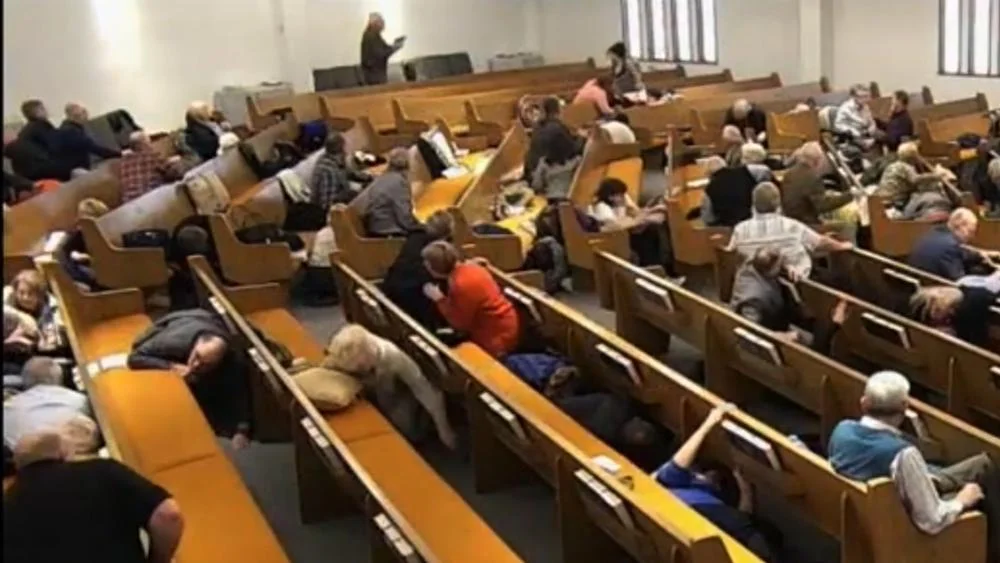An interesting bill has been filed in the Senate, S. 3589, also known as the “Preventing Private Paramilitary Activity Act of 2024” aims to prohibit unauthorized private paramilitary activity in the United States. Sounds good right? We don’t necessarily want or need Wagner Group-style armies running around in the U.S. Or do we? 🤔 That’s another discussion for another time. What caught my eye while reading this was that Section 9 of this legislation includes an interesting definition, it incorporates a “security services unit” within the broader category of a “private paramilitary organization” (PMO).
The bill provides the following as the definition of a PMO:
This term encompasses any group of three or more persons who associate under a command structure. Their purpose is to function publicly or train to function publicly as a combat, combat support, law enforcement, or security services unit.
link to section
Why That Matters
As a retired peace officer, I remember at times seeing how broadly written laws can be broadly and selectively enforced. That, combined with the need for churches, or any other organization for that matter, to be able to protect themselves in this society where violence is on the rise, caused me some concern.
Is Your Church Security Team a PMO?
Do you know if your church has a security team that trains to protect the congregation during services? Does it have a team lead or person considered “in charge” of it? Under the bill’s definition, this security team could be classified as a “private paramilitary organization” due to their structure and focus on security services.
Effects
Now, what could be the impact of this bill if this team acts during a service to neutralize a potential threat (such as an armed intruder)? If the bill becomes law, their actions might be considered “unauthorized private paramilitary activity” unless their activity has been sanctioned by federal or state authorities.
Despite their good intentions, and rightly honorable actions, the security team could face legal consequences. As written, this bill leaves open the possibility that they could be held liable for engaging in paramilitary activity without “proper authorization.”
Their training and commitment to protecting the congregation could lead to imprisonment if the law is strictly enforced as written now. A violation of the law that results in death carries this penalty, “the person shall be fined under this title and imprisoned for any term of years or for life.” Imagine the hero in the opening photo being sent to prison for his actions.
Now, under exceptions we find the law does not apply to the U.S. Armed Forces, National Guard, state militias, military re-enactment organizations, veterans in a parade, and:
“members of an organization that is authorized under Federal or State law to provide paramilitary, law enforcement, or security services training or to engage in paramilitary activity, law enforcement, or security services when performing the functions authorized by law and, in the case of paramilitary activity and law enforcement functions, when under the direction and control of a governmental authority [emphasis added].”
I included this section because there has to be a specific reason for that emphasized language to be in there. Why would it specify that law enforcement members can only do that when under the “direction and control” of a governmental authority? Would the feds consider an off-duty officer providing security for a church, movie theater, a Quinceañera, etc. as being under the direction and control of a governmental authority? I “know” that they are, but this language making it explicit makes me wonder.
The only halfway good thing about this bill is that it recognizes it’s limited by the Commerce Clause so if one can manage to outfit their team with all in-state equipment, including ammunition, it is of no effect at all. But I would urge people to contact the people in D.C. that are supposed to represent them and ask them to oppose this bill.
Share to Gab